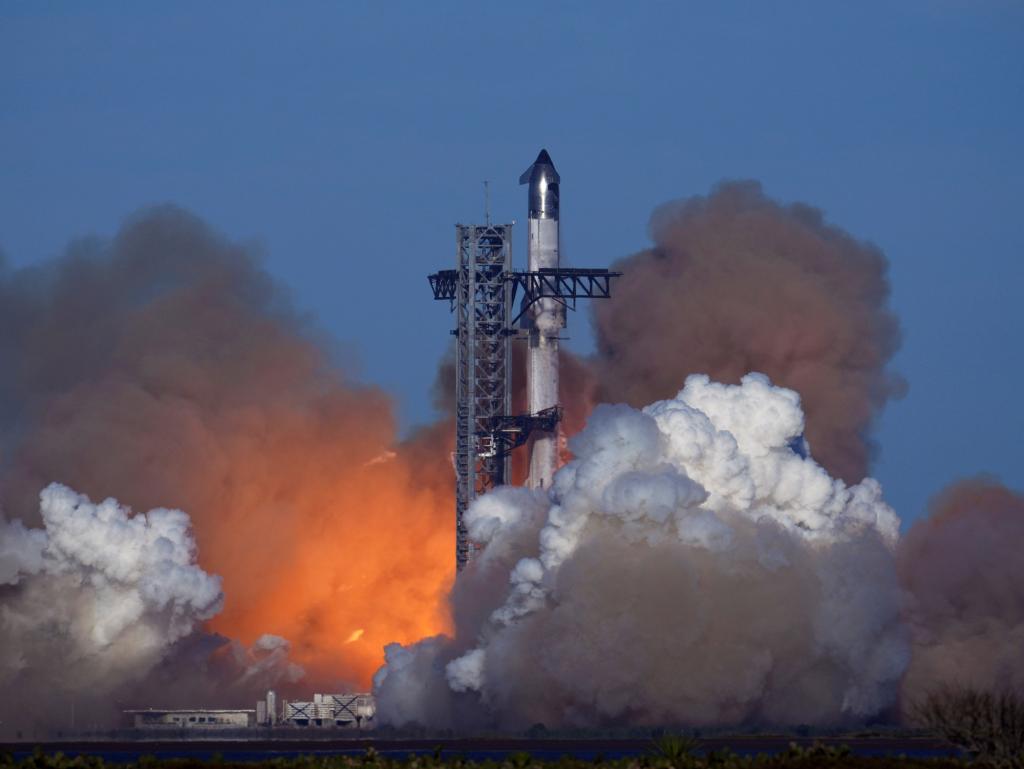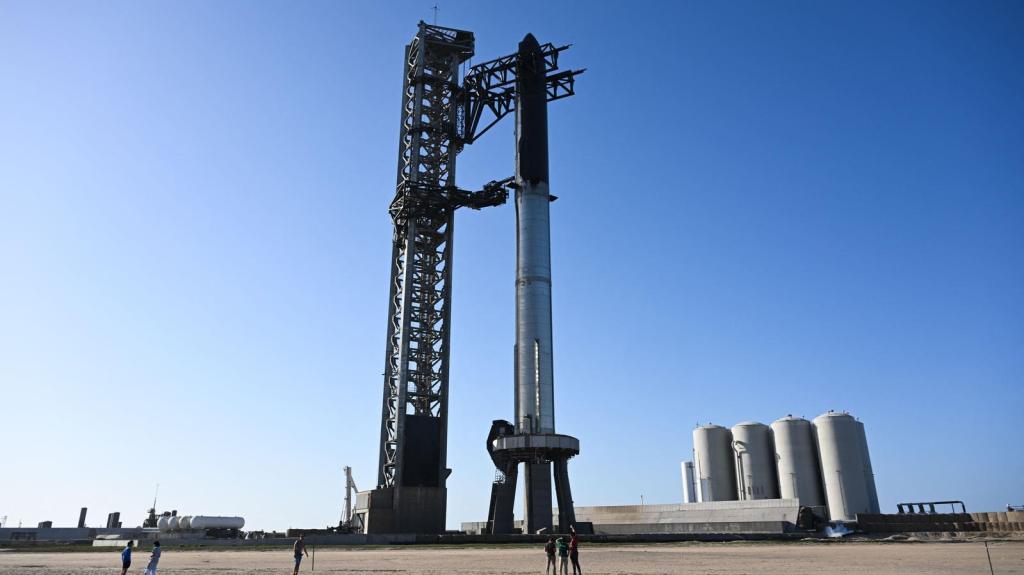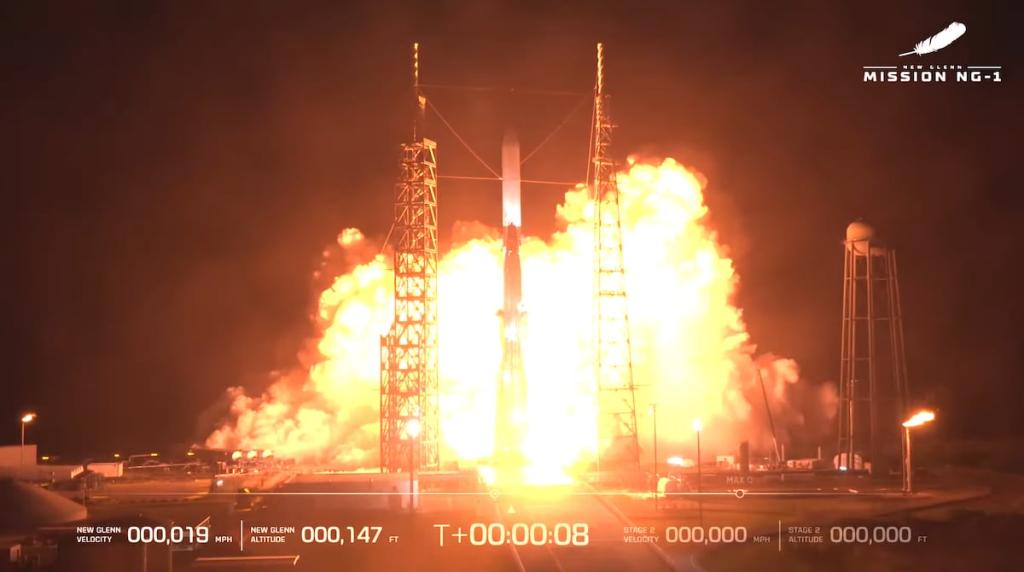Explosion at SaxaVord Spaceport Highlights Safety in Space Trials
A recent explosion during a rocket test at SaxaVord Spaceport underscores the vital importance of safety and innovation in space exploration.

Key Points
- The explosion during the rocket test at SaxaVord Spaceport
highlights the complexities and inherent risks in advancing space exploration.
- All safety protocols were effectively followed during the incident, ensuring no injuries occurred and demonstrating a commitment to safety.
- Collaboration between RFA and SaxaVord Spaceport emphasizes a proactive approach to learning from testing failures to enhance future launch success.
The space industry is exhilarating, but it comes with inherent risks that push the boundaries of innovation and safety. Recently, a dramatic incident occurred at the SaxaVord Spaceport in Shetland, where a rocket engine test conducted by the German company
(RFA) ended in an explosion. While the incident is concerning, it serves as a valuable learning experience for future launches. The commitment to safety and iterative development in aerospace remains a critical focus as we advance towards commercial space exploration.
On a seemingly routine testing day, RFA attempted a “hot fire test” involving nine engines designed to operate simultaneously. This test, crucial for refining rocket performance, aims to ensure stability and control before any actual launch takes place. Unfortunately, during the test at 9:42 PM, an "anomaly" occurred, leading to the loss of the rocket stage and a powerful explosion. Thankfully, no injuries were reported, and all safety protocols were effectively adhered to, demonstrating a strong commitment to safety in a high-stakes environment.

Understanding the Challenges
The explosion underscores the complexity of rocket engineering, a field where ensuring optimal performance from multiple engines is a significant challenge. Professor Malcolm Macdonald from the University of Strathclyde highlighted that "space is difficult and rockets are even harder". Each rocket engine needs to work in harmony with the others, considering the vibrations and the potential interference that can disrupt their performance. This incident is yet another reminder of why thorough testing and a careful approach to safety are essential in this industry.
SaxaVord Spaceport, situated on the remote island of Unst, is Western Europe's only fully-licensed vertical rocket launch site, which emphasizes the importance of such testing campaigns. This event marks a notable moment in the UK's aerospace ambitions, where the goal is to conduct up to 30 launches annually, primarily for satellite deployment. The spaceport aims to position the UK as a leading player in commercial space activities in Europe.

A Collaborative Approach to Safety
The response from RFA and SaxaVord Spaceport following the incident highlights the collaborative ethos within the aerospace sector. RFA is actively engaging with the spaceport team and local authorities to investigate the causes of the explosion thoroughly. "Our goal is to return to regular operations as soon as possible", stated RFA representatives, reflecting a resilient commitment to moving forward despite this setback.
This spirit of cooperation is crucial in the context of space exploration, where learning from mistakes is imperative. The iterative approach adopted by RFA involves allowing for testing and reevaluation, which is integral to developing reliable technologies. As the UK and Europe expand their commercial spaceflight capabilities, incidents like these can catalyze improvements in safety protocols and engineering practices.
Looking Ahead with Optimism
The future is optimistic despite this recent setback at SaxaVord Spaceport. As one of the pioneering bases for vertical rocket launches in the UK, it represents a significant stepping stone for broader European ambitions in outer space. Various companies, including major players like
and emerging firms like Skyrora, are planning to utilize SaxaVord for future missions.
In summary, the explosion during the hot fire test serves as a potent reminder of the challenges faced in space exploration. However, the incident also illustrates the commitment of the team at RFA and SaxaVord Spaceport to prioritize safety and learn from each test undertaken. As we look forward to future advancements in commercial spaceflight, it is clear that every step taken, regardless of the outcome, contributes invaluable insights toward pioneering safer and more effective space exploration methodologies.


